- Finch v. Hercules Inc.
- Marks v. Stinson
- National Bendectin Litigation
- Estate of Jessica Savitch
- Danner et al. v. NGK Metals Corp et al.
- Maghribi v. Advanced Micro Devices
The U.S. District Court for the District of Delaware held that an economist may testify on the probable date of retirement of the plaintiff, endorsing statistical testimony by Center for Forensic Economic Studies President Jerome M. Staller. "Absent a crystal ball," the court wrote, "statistical analysis served as the next best barometer of the reality of [the plaintiff's] stated intentions."
In this landmark election-law case, statistical analysis by Center for Forensic Economic Studies Vice President Brian P. Sullivan demonstrated that voting fraud had occurred in a Pennsylvania state senate race. Dr. Sullivan’s testimony was characterized by the court as “eloquent.”
Center for Forensic Economic Studies economists acted as court-appointed experts on damages in this massive class action.
Analysis by Center for Forensic Economic Studies economists was instrumental in achieving a reasonable settlement in this potentially volatile matter involving the first female network news anchor.
In this proposed medical-monitoring class action against a supplier of beryllium, damages of $2 billion were claimed based on the plaintiffs’ expert report. Analysis by Center for Forensic Economic Studies economists showed that the report was based on faulty data. The expert was forced to withdraw.
Center for Forensic Economic Studies economists showed that the structure of a joint-venture arrangement, rather than discrimination, was the likely reason that the plaintiff, a Silicon Valley CEO, left the defendant company. Analysis also showed that the plaintiff’s damages claim of more than $100 million in lost future earnings and stock-option grants was entirely speculative. Trial resulted in a defense verdict.
